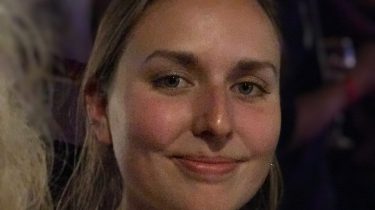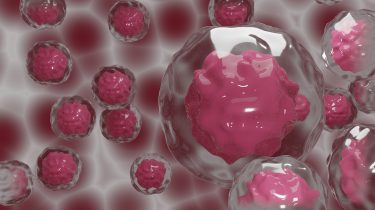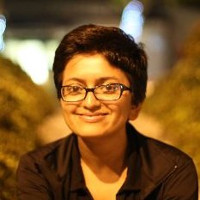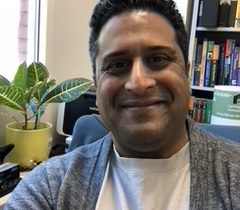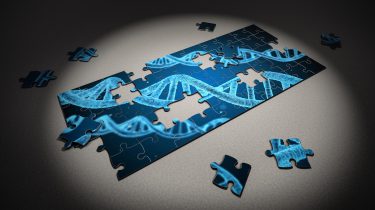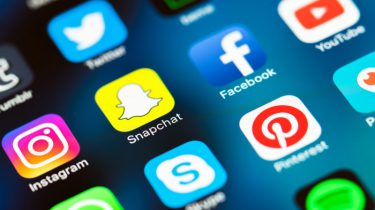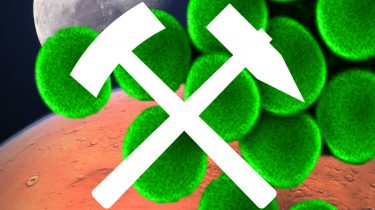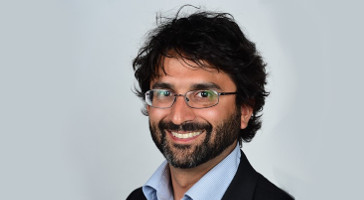Dr. Lev Horodyskyj: Science Education Gets a Virtual Makeover
by Emily Harari You’re driving and you pull up behind a car at a red light. The light switches to green, but the car sits unmoved. What do you do? Instinctively, you reach for the horn, and, after a quick blaring of sound, the car in front of you moves. You’ve just conducted a scientific experiment. You observed the car not moving, but didn’t know why, so you assumed the driver ahead of you wasn’t paying attention to the road. […]
Read more

